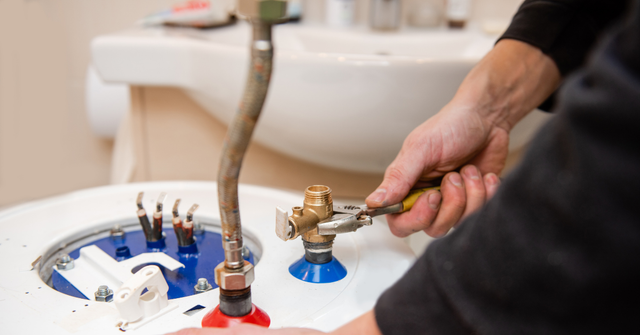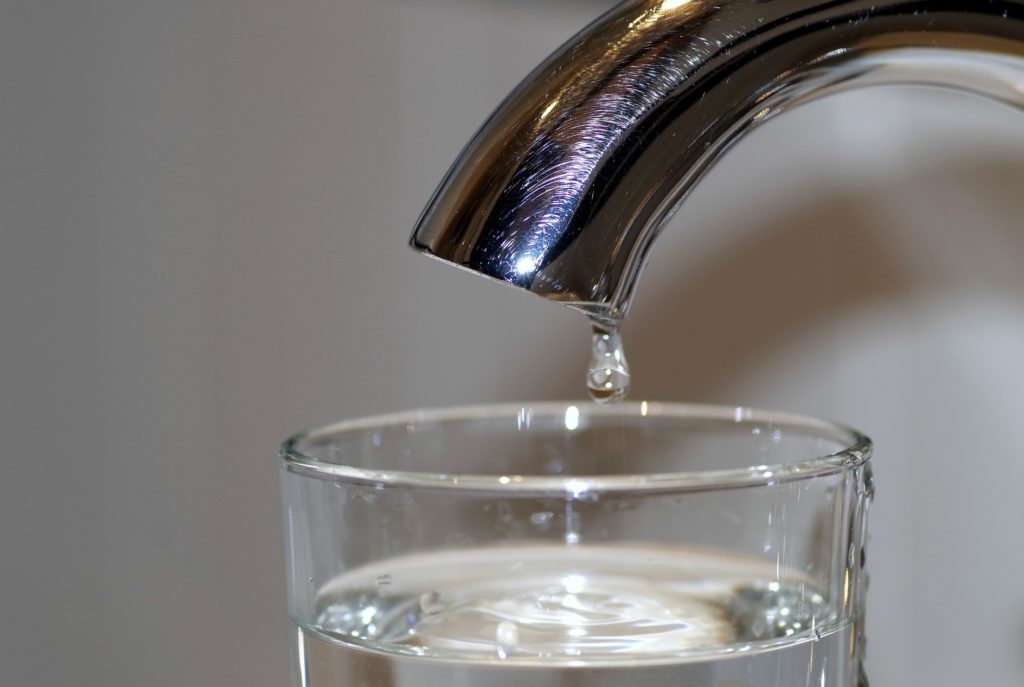Proven Techniques for Dealing with Low Water Pressure in Your Home
Proven Techniques for Dealing with Low Water Pressure in Your Home
Blog Article
Were you trying to find suggestions involving Dealing with Low Water Pressure in Your Home?

Low tide pressure in your house can be a frustrating trouble, influencing whatever from showering to cleaning dishes. If you're experiencing weak water circulation, there are several feasible causes and options to explore. In this overview, we'll discuss typical factors for low water stress and practical steps to resolve the issue successfully.
Intro to Low Water Pressure
Low tide stress occurs when the flow of water from your faucets, showers, and various other components is weak than usual. This can make daily tasks a lot more tough and much less reliable. Understanding the reasons for low water pressure is critical to finding the ideal solution.
Typical Sources Of Low Tide Stress
Faulty Stress Regulators
Pressure regulators are accountable for preserving constant water stress in your house. If they malfunction, it can lead to low water stress or unequal circulation throughout the house.
Metropolitan Supply Of Water Issues
In some cases, the issue lies outside your home. Community supply of water problems, such as main line leakages or upkeep job, can momentarily lower water pressure in your area.
Pipeline Obstructions
With time, pipes can become clogged with mineral deposits, debris, or particles, limiting the circulation of water. This is an usual issue in older homes with galvanized steel pipelines.
Deterioration
Corrosion within pipes can cause leakages and reduced water pressure. Rust accumulation can restrict water circulation, specifically in maturing plumbing systems.
Just How to Detect Low Water Stress
Examining Pipes
Examine visible pipes for signs of leaks, deterioration, or clogs. Pay attention to any uncommon audios, such as knocking or rattling pipes, which could show concerns within the plumbing system.
Consulting with a Plumber
If you're unable to pinpoint the root cause of low tide stress, take into consideration working with an expert plumber to conduct an extensive inspection. They can determine underlying problems and advise proper solutions.
Checking Faucets and Components
Begin by examining the water stress at different taps and components throughout your home. If the problem is isolated to particular areas, it might indicate localized troubles.
Do It Yourself Solutions to Deal With Low Tide Stress
Flushing Hot Water Heater
Debris buildup in the water heater can restrict circulation and lower performance. Purging the container regularly assists remove sediment and preserve optimal performance.
Examining Pressure Regulatory Authority
Guarantee that the pressure regulatory authority is operating appropriately. Readjusting or changing the regulatory authority can assist bring back proper water stress throughout your home.
Cleansing Aerators and Showerheads
Natural resources can collect in aerators and showerheads, decreasing water flow. Get rid of and cleanse these elements on a regular basis to enhance water pressure.
Cleaning Clogs in Pipeline
For small blockages, attempt utilizing a plumbing serpent or chemical drainpipe cleaner to clear blockages in pipelines. Beware when making use of chemicals and comply with safety and security guidelines.
When to Call a Specialist Plumber
If DIY initiatives fall short to deal with the issue or if you believe considerable plumbing problems, it's finest to seek aid from an accredited plumber. They have the competence and devices to address intricate problems safely and properly.
Safety Nets to Preserve Water Pressure
Setting Up a Stress Booster
Consider mounting a pressure booster pump to enhance water stress in areas with regularly reduced circulation. This can be especially beneficial for multi-story homes or buildings with high-demand fixtures.
Surveillance Water Usage
Be mindful of water usage habits and prevent overtaxing the plumbing system. Simple adjustments, such as astonishing showers and washing tons, can aid keep adequate water pressure.
Routine Upkeep
Arrange routine maintenance for your plumbing system to avoid concerns such as rust, leakages, and clogs. Resolving minor issues early can aid avoid more substantial repairs in the future.
Verdict
Managing low water pressure can be discouraging, yet recognizing the underlying reasons and implementing ideal services can bring back ideal flow throughout your home. Whether it's cleaning up aerators, examining pipelines, or talking to a plumber, taking proactive actions can guarantee a stable supply of water for your day-to-day demands.
How to Fix Low Water Pressure In Your Home
Municipal Water Supply Issues
Scheduled maintenance, high demand, and water main breaks are all potential causes for low water pressure within a city or county’s water lines. While there’s not much you can do to personally fix a problem with your city or county’s water supply system, you can play a big role in documenting the issue and alerting those who can.
How to fix it:
Ask your neighbors if they are experiencing any issues with low water pressure. If multiple homes are affected, it’s likely related to the city’s water line. Contact the local Water Authority to see if there is any maintenance taking place that might be affecting your supply. Also let them know of your specific issues. If other homeowners report the same issues, they’ll know that there could be a larger issue to look into. Faulty Fixtures
A damaged or clogged shower head, faucet or appliance is the first thing we’d suggest checking, especially if low water pressure appears to be isolated to a specific area of your home.
How to fix it:
First, turn off the main water supply to your home. Check the affected appliances for build-up or debris. In the case of a faucet, you can simply unscrew the aerator at the tip of the faucet. Showerheads should be fully detached from the water pipe. While the appliances are detached, you may want to check the water supply to determine if the fixtures were in fact the issue. To clean, soak the showerhead or aerator in vinegar and brush off any visible debris. Reattach the fixtures and check the water pressure again. If it is still low, there is likely a deeper issue at hand, which can be determined by a professional plumber. Pipe Obstructions
Mineral deposits, rust or other debris within water pipes can lead to blockages or corrosion over time.
How to fix it:
When you think of a clog, you probably think of a drain clog. While there are many DIY solutions to clearing a drain, clogs in a water pipe will almost always require the help of a professional plumber. A plumber will be able to locate the affected pipe and clean out any debris or mineral deposit buildup. In severe cases, the pipe may need to be replaced. Your plumber might also recommend a water softening system to remove the minerals from your home’s water supply that can contribute to pipe blockages over time.
Plumbing Leak
Undetected water line leaks can divert water away from your residential pipes, reducing the water pressure in your fixtures.
How to fix it:
Check your water meter by turning off all water sources and monitoring the meter for any movement, which could be a clear indicator of a potential leak. Check all visible pipes for signs of leaking, including water stains, active dripping or damp spots around the pipe. Inspect fixtures, including faucets and showerheads, for any drips. Test the pressure but recording the pressure with the main water valve shut off. Leave off for a few hours and test again. A significant drop in pressure is a clear sign of a leak. https://kiddcoplumbing.com/plumbing-blog/how-to-fix-low-water-pressure/

We were guided to that editorial about through a buddy on a different domain. Do you know about somebody who is fascinated about the topic? Take a moment to share it. Thank-you for your time invested reading it.
Call Today Report this page